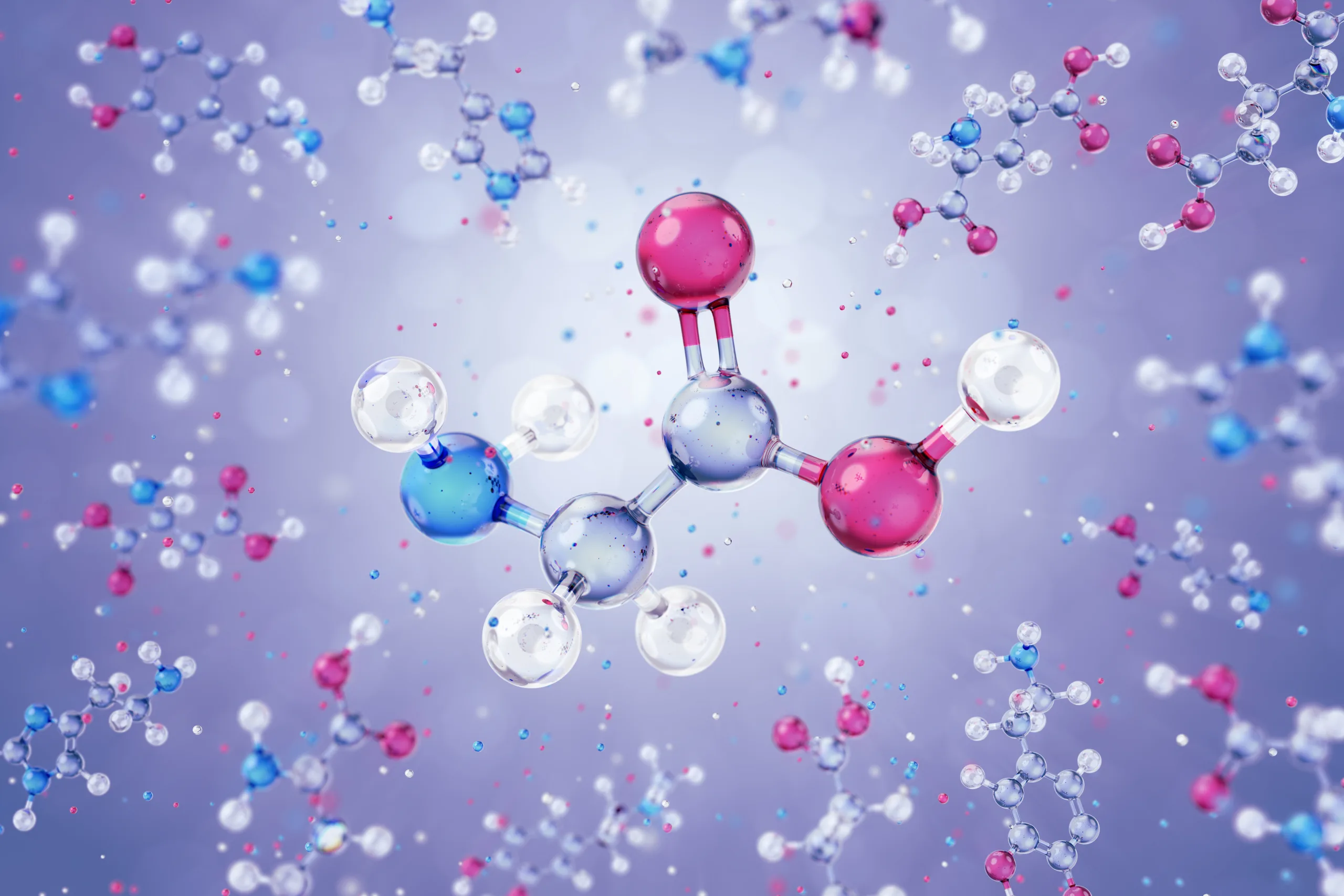Learn metabolic pathways
This is our most advanced biochemistry course and focuses on biochemical pathways in relation to metabolic pathways. This course is designed for people working or wishing to work in a human or animal health or science related profession, as practitioner, educator or researcher.
In this course we examine a wide range of detailed metabolic processes. You will learn about a range of common biochemical processes including glycolysis and glycogen metabolism, lipid, amino acid and nucleotide metabolism, enzyme activity, sugar and polysaccharide metabolism, electron transport, oxidative phosphorylation and movement across membranes and a range of other processes.
This course follows on from our introductory course Biochemistry A (Animals) and our intermediate course Biochemistry B (Plants & Animals). It is recommended to have completed these first.
Course Aims:
- Explain the interaction between the various biochemical processes within the animal cell.
- Explain the processes of glycolysis and glycogen metabolism.
- Understand the transport mechanism of bio-chemicals through animal membranes.
- Explain the processes of electron transfer and oxidative phosphorylation, and their importance to energy regulation in animals.
- Explain the metabolism of carbohydrates.
- Explain the metabolism of lipids
- Explain the metabolism of amino acids.
- Explain biochemical nucleotide metabolism
- Explain enzyme reactions and catalysis in biochemistry.
- Explain other biochemical processes including biochemical communication through hormones and neurotransmission.
There are 10 lessons in this course:
- Introduction
- Including: sources of energy; the digestive process as a source of energy; components of the cell; catabolic and anabolic metabolism, energy exchanges; free energy; enthalpy; entropy; energy transporters; ATP; oxidation-reduction process; enzymes.
- Glycolysis and Glycogen Metabolism
- Including: glucose, glycolysis; activation of glycolysis; metabolism of pyruvate; glycogen; fructose and galactose.
- Movement through Membranes
- Including: membranes; kinetics and mechanisms of movement; mediated and non-mediated transport; passive mediated glucose transport; ion gradient active transport; ATP driven active transport; ionophores.
- Electron Transport and Oxidative Phosphorylation
- Including: the mitochondrion; electron transport; oxidative phosphorylation; citric acid cycle; control of ATP production.
- Sugar and Polysaccharide Metabolism
- Including: sugars; glycoproteins; biosynthesis of oligosaccharides and glycoproteins; pentose phosphate pathway.
- Lipid Metabolism
- Including: lipids, lipid metabolism; pancreas and bile acid; transport across the mitochondrial membrane; fatty acid oxidation in the mitochondrion; beta oxidation; unsaturated fatty acid oxidation; ketone bodies; biosynthesis of fatty acids; metabolic control and regulation of fatty acid metabolism; cholesterol synthesis, control of cholesterol biosynthesis and transport; arachidonate metabolism; phospholipid and glycolipid metabolism.
- Amino Acid Metabolism
- Including: amino acids, amino acid metabolism, transamination, synthesis, amino acid catabolism; glucogenic and ketogenic; the urea cycle; biosynthetic precursors and the role of amino acids; physiologically active amines; biosynthesis of non-essential amino acids; biosynthesis of essential amino acids; aspartate family; pyruvate family; aromatic family; histidine; major organs; nitrogen fixation.
- Nucleotide Metabolism
- Including: nuclei acids; nucleotides; synthesis and regulation of ribonucleotides; purines; pyrimidines; formation of DNA, nucleotide degradation; purine catabolism; purine nucleotide cycle; nucleotide coenzymes in animals.
- Enzyme Activity
- Including: enzymes; enzyme classification; enzyme kinetics; enzyme regulation; induced fit; lock and key mechanism.
- Other Processes
- Including: homeostasis; hormones; neurotransmitters; signalling cascade; receptor binding; nuclear localisation signals.

